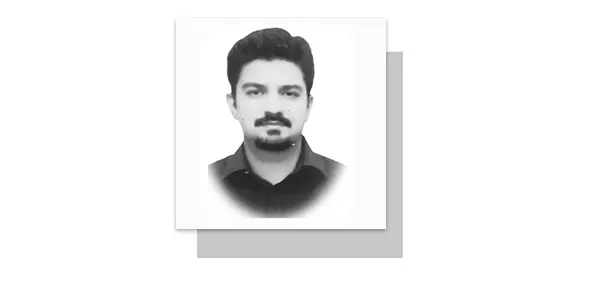Quackery, a term that sends shivers down the spine of the medical community and conscientious citizens alike, is a menace that has taken deep root in Pakistan’s healthcare landscape. It is the characteristic practice of quacks or charlatans who pretend to possess knowledge and skills they do not actually have, particularly in the field of medicine. These individuals make exaggerated claims about their ability to heal diseases, often with the sole motive of financial gain.
In a recent turn of events, the Punjab Healthcare Commission pursued punitive action against a doctor in Lahore who claimed to be an endocrinologist without any registered postgraduate qualifications in endocrinology. This case exemplifies the dangerous consequences of quackery within our healthcare system.
Quackery, at its core, involves anyone who attempts to provide medical care outside the domains of their legitimate skills, knowledge, training and qualifications. In a country where the demand for healthcare services is high and access to quality medical care is often limited, quackery has flourished.
Shockingly, there are more than a million people practicing medicine in Pakistan, while only 275,000 individuals are registered with the Pakistan Medical and Dental Council (PMDC). This vast disparity is a cause for grave concern. It highlights the urgent need for comprehensive reforms in the healthcare sector to curb the growing influence of quacks.
As a healthcare professional, I have personally witnessed the pervasive influence of quackery, especially in the region where I practice. It is not uncommon to come across individuals who, with minimal qualifications, suddenly proclaim themselves as doctors and establish their own practices. These untrained and unqualified “doctors” endanger the life of unsuspecting patients.
Quackery operates at multiple levels. Some licensed doctors, driven by financial gain, venture outside their areas of expertise, misleading patients and putting their health at risk. Moreover, individuals from allied health specialties such as nurses, pharmacists and physiotherapists often grapple with an inferiority complex, seeking to add the title of “doctor” before their names and engage in prescribing medicines.
The transformation of the noble profession of medicine into a purely commercial endeavor is heartbreaking. Our teachers, who were once known for their simplicity and dedication to teaching and practicing the art of medicine, have seen their profession evolve into a profit-driven industry. The influence of the pharmaceutical sector, with its financial incentives, has played a significant role in this transformation.
While provincial healthcare commissions were established as a step toward regulating the healthcare sector, their effectiveness in implementation remains questionable. The shortage of healthcare professionals in the country further exacerbates the problem, providing ample opportunities for anyone aspiring to become an instant doctor.
It is crucial for the public to understand the immense dedication, time, passion and hard work required to become an ethically practicing doctor. The pursuit of a medical degree demands years of rigorous study and training, all aimed at ensuring the well-being of patients. If the same effort were directed toward business endeavors, fortunes could be amassed. However, healthcare professionals choose this path out of a genuine desire to heal and alleviate suffering.
In conclusion, quackery poses a significant threat to public health and the integrity of the medical profession in Pakistan. Urgent measures are needed to combat this menace effectively. These measures should include stricter regulations, increased public awareness, and the provision of accessible, high-quality healthcare services to all citizens. Only through collective efforts can we hope to eradicate quackery and ensure a healthier and more trustworthy healthcare system for our nation.
—The writer is Associate Professor of Public Health, Al-Shifa School of Public Health, based in Rawalpindi.
Email: [email protected]










